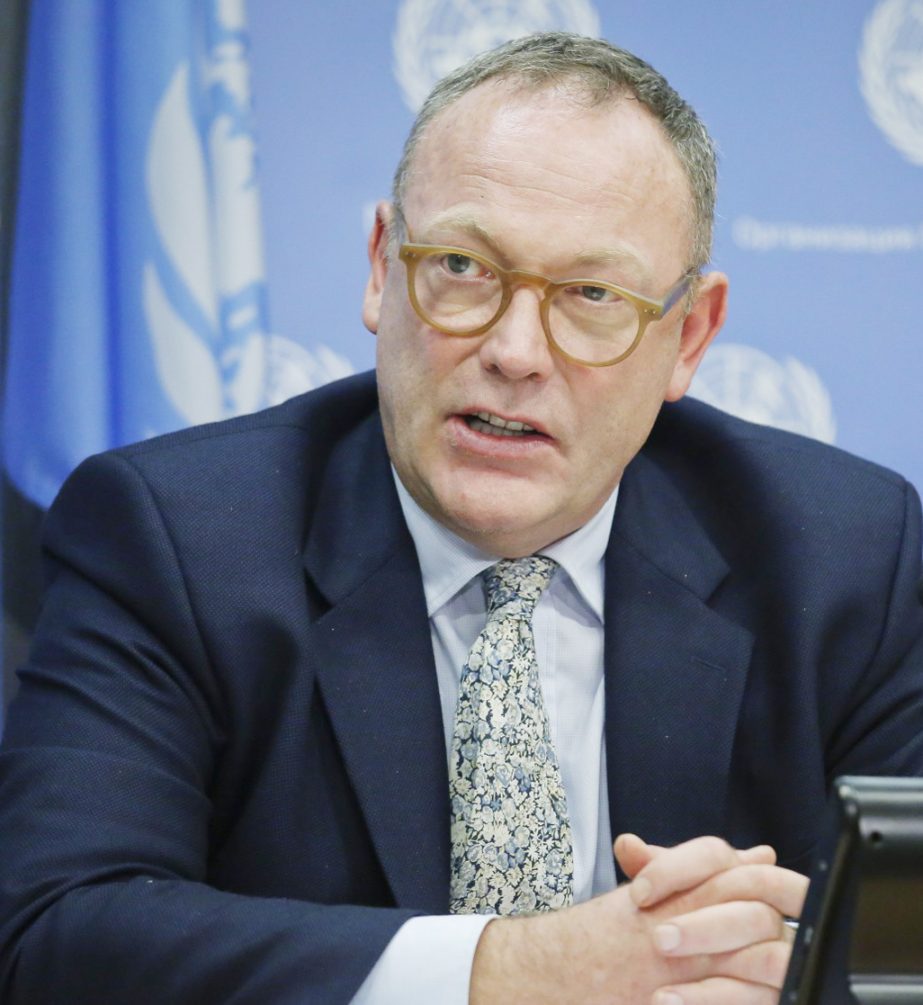
AP, Colombo :
A visiting United Nations envoy said that torture remains “endemic and routine” in Sri Lanka’s counterterrorism methods and a number of persons being detained without trial under a harsh anti-terror law is a stain on the country’s international reputation.
Ben Emmerson, U.N. special rapporteur on human rights and counterterrorism, said at the end of a five-day visit to Sri Lanka Friday that he is concerned that even those arrested as recently as late last year had been subjected to torture despite a new government promising to end such practices.
The abuses continued even after Sri Lanka’s bloody civil war ended in 2009 when government troops crushed ethnic Tamil rebels’ 26-year campaign for an independent state. Both sides were accused of serious human rights violations in the conflict.
“In Sri Lanka, however, such practices are very deeply ingrained in the security sector and all of the evidence points to the conclusion that the use of torture has been, and remains today, endemic and routine, for those arrested and detained on national security grounds,” Emmerson, a British lawyer, said.
The number of deaths in the conflict is not clear, and a conservative U.N estimate suggests 100,000 had died.
A visiting United Nations envoy said that torture remains “endemic and routine” in Sri Lanka’s counterterrorism methods and a number of persons being detained without trial under a harsh anti-terror law is a stain on the country’s international reputation.
Ben Emmerson, U.N. special rapporteur on human rights and counterterrorism, said at the end of a five-day visit to Sri Lanka Friday that he is concerned that even those arrested as recently as late last year had been subjected to torture despite a new government promising to end such practices.
The abuses continued even after Sri Lanka’s bloody civil war ended in 2009 when government troops crushed ethnic Tamil rebels’ 26-year campaign for an independent state. Both sides were accused of serious human rights violations in the conflict.
“In Sri Lanka, however, such practices are very deeply ingrained in the security sector and all of the evidence points to the conclusion that the use of torture has been, and remains today, endemic and routine, for those arrested and detained on national security grounds,” Emmerson, a British lawyer, said.
The number of deaths in the conflict is not clear, and a conservative U.N estimate suggests 100,000 had died.

